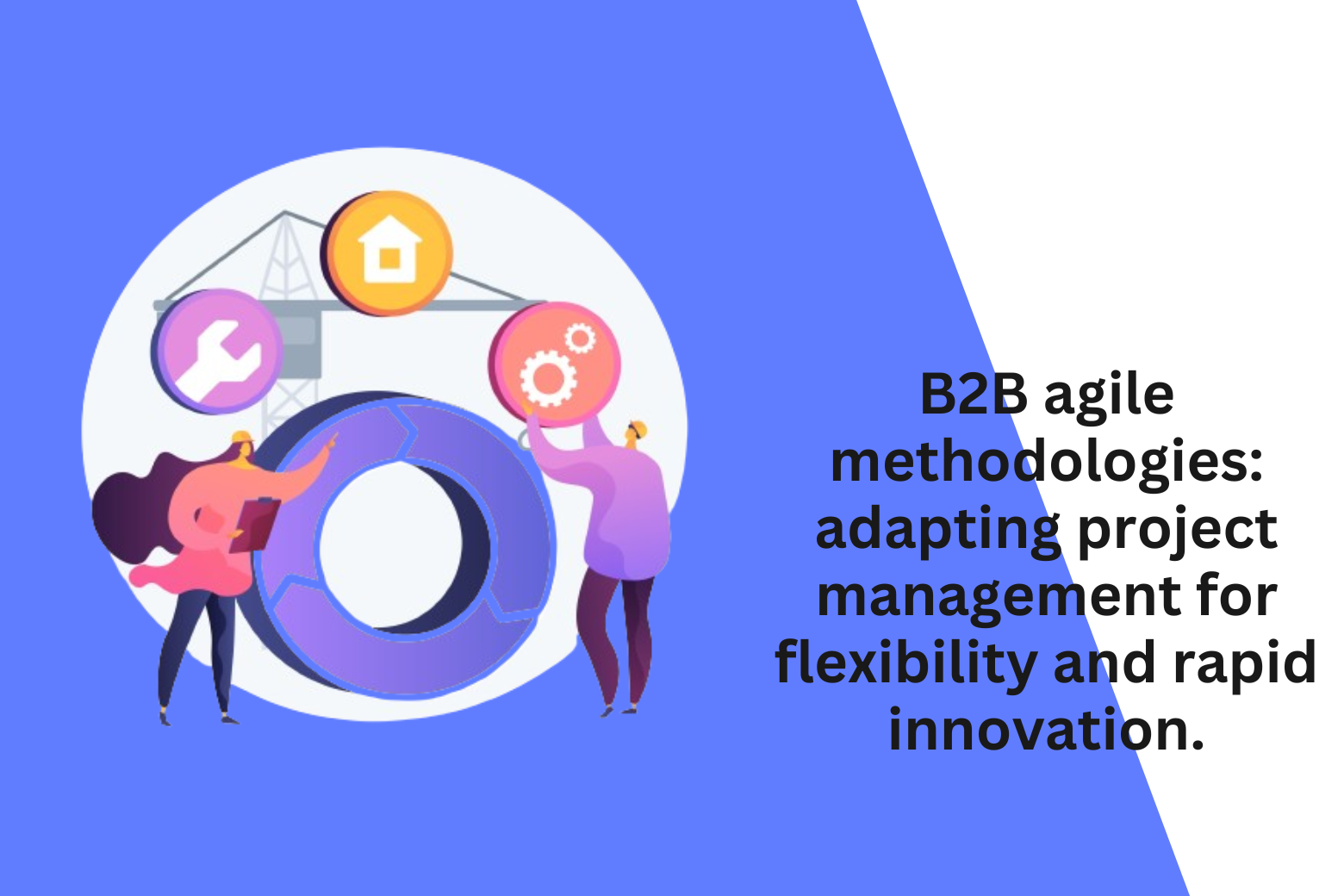
B2B Marketing Automation: Revolutionizing Your Business Strategies
In the ever-evolving landscape of B2B marketing, staying ahead requires a dynamic approach that goes beyond traditional methods. Enter B2B marketing automation—a powerful tool that not only streamlines processes but also adds a layer of personalization, precision, and optimization to your campaigns. This transformative technology encompasses personalized campaigns, lead scoring, and conversion optimization, fundamentally reshaping the way businesses engage and convert their target audience.
Personalized Campaigns: Tailoring the Journey
Gone are the days of one-size-fits-all marketing strategies. B2B marketing automation empowers businesses to create highly personalized campaigns that resonate with individual prospects. By leveraging data-driven insights, you can segment your audience based on their preferences, behaviors, and demographics. This enables the delivery of targeted content, ensuring that each interaction is meaningful and relevant. Whether it’s personalized emails, targeted social media ads, or custom landing pages, the ability to tailor your message to specific segments enhances engagement and builds stronger connections with your audience.
Lead Scoring: Prioritizing Prospects Effectively
Not all leads are created equal, and recognizing the varying degrees of interest and potential within your audience is crucial. B2B marketing automation introduces lead scoring—a dynamic method of evaluating and ranking leads based on their interactions with your content and brand. By assigning scores to actions such as webpage visits, email opens, and content downloads, you can identify hot leads ready for sales engagement. This not only optimizes your sales team’s efforts but also ensures that resources are allocated efficiently, focusing on prospects most likely to convert.
Conversion Optimization: Nurturing Leads to Closure
Converting leads into customers is the ultimate goal, and B2B marketing automation plays a pivotal role in optimizing this conversion process. Automated workflows can be designed to nurture leads at every stage of the buyer’s journey. From initial awareness to consideration and decision-making, targeted content and communication can guide prospects seamlessly through the sales funnel. By providing timely and relevant information, marketing automation keeps your brand top of mind, ultimately increasing the likelihood of successful conversions.
The Power of Integration: Seamless Collaboration
The true strength of B2B marketing automation lies in its ability to integrate with other business systems seamlessly. Whether it’s syncing with Customer Relationship Management (CRM) software or aligning with sales processes, this integration ensures a unified approach across departments. Marketing and sales teams can access real-time data, track prospect interactions, and collaborate effectively. This not only enhances communication but also enables data-driven decision-making, leading to more impactful and coordinated efforts.
Measuring Success: Analytics and Iteration
The effectiveness of any marketing strategy lies in its ability to be measured, analyzed, and refined. B2B marketing automation provides robust analytics tools that offer insights into campaign performance, lead behavior, and conversion rates. Armed with this data, businesses can make informed decisions, identify areas for improvement, and iterate on their strategies. This continuous optimization cycle ensures that your B2B marketing efforts stay adaptive and aligned with the ever-changing dynamics of the market.
In conclusion, B2B marketing automation is a game-changer for businesses seeking to elevate their marketing strategies. From crafting personalized campaigns and prioritizing leads through scoring to optimizing conversions and fostering collaboration, this technology opens new avenues for efficiency and effectiveness. Embrace the power of automation to not only save time and resources but also to deliver a more personalized and impactful experience for your B2B audience.



